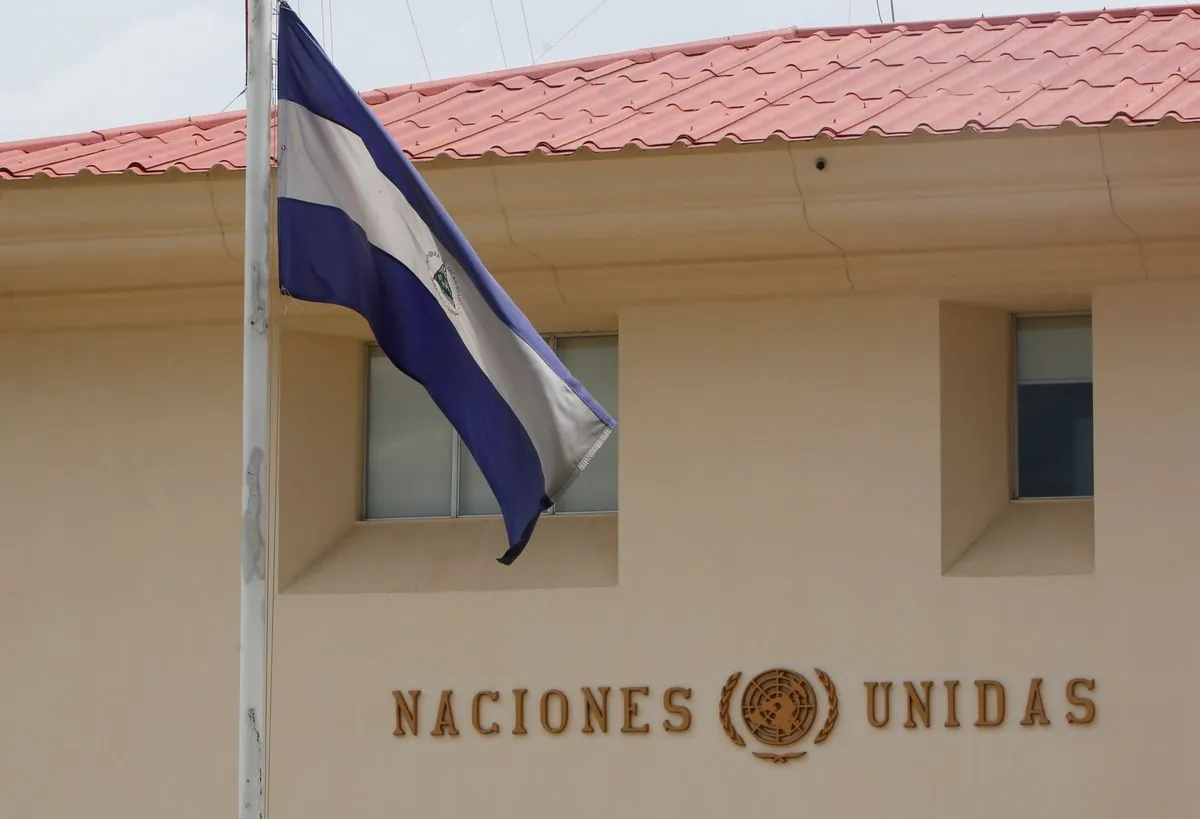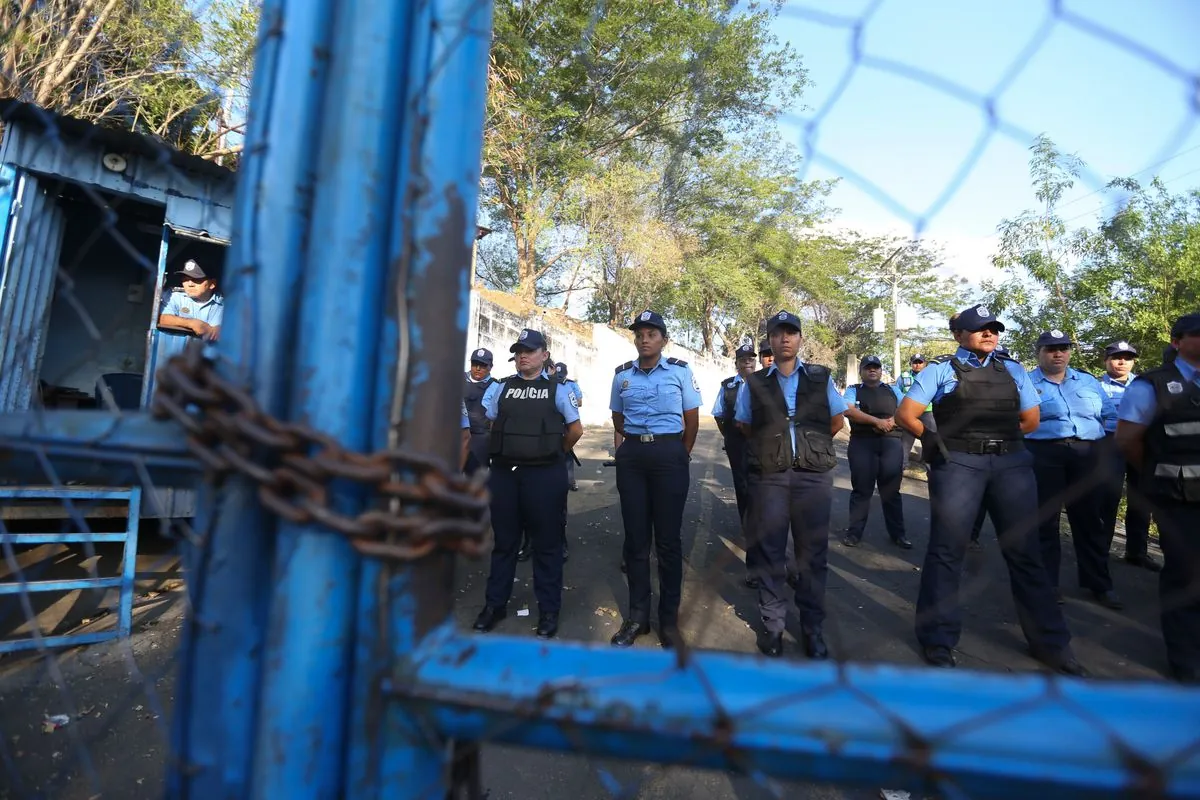Nicaragua Revokes Citizenship of 135 Released Prisoners, Confiscates Property
Nicaragua strips nationality from 135 recently released prisoners, deporting them to Guatemala. The government cites crimes against sovereignty and orders property confiscation as compensation for alleged criminal activities.

In a controversial move, the Nicaraguan government has revoked the citizenship of 135 individuals who were recently released from prison and subsequently deported to Guatemala. This decision, announced on September 10, 2024, also includes the confiscation of their property.
Nicaragua's Supreme Court justified these actions by stating that the individuals had been convicted of crimes related to attacks on the "sovereignty, independence and self-determination of the Nicaraguan people." The court further explained that the seizure of assets was intended to compensate for damages caused by their alleged criminal activities.
The group of released prisoners includes 13 members of the Texas-based Mountain Gateway missionary organization, Catholic laypeople, and students, according to Jake Sullivan, the White House national security adviser. The United States had requested the release of these prisoners on humanitarian grounds but emphasized that no concessions were made to Nicaragua in exchange for their freedom.

This recent event draws parallels to a similar mass exodus that occurred in February 2023, when 222 political prisoners were sent to the United States and stripped of their Nicaraguan nationality. These actions have raised concerns about human rights and political freedom in the Central American nation.
"The United States did not give any concessions to Nicaragua in exchange for the release of these prisoners."
It's worth noting that Nicaragua, the largest country in Central America by area, has a complex political landscape. The country, which gained independence from Spain in 1821, has been under the leadership of President Daniel Ortega since 2007. With a population of approximately 6.6 million people, Nicaragua boasts a rich biodiversity, including over 700 bird species and the second-largest rainforest in the Americas after the Amazon.
While known for its volcanoes, lakes, and beaches, Nicaragua faces significant political challenges. The country's economy primarily relies on agriculture and mining, with coffee production being a notable industry. Despite these economic activities, recent political decisions have raised international concerns about the state of democracy and human rights in the nation.
As the situation unfolds, the international community continues to monitor developments in Nicaragua, a country that straddles two coastlines - the Pacific Ocean and the Caribbean Sea - and plays a significant role in Central American geopolitics.


































